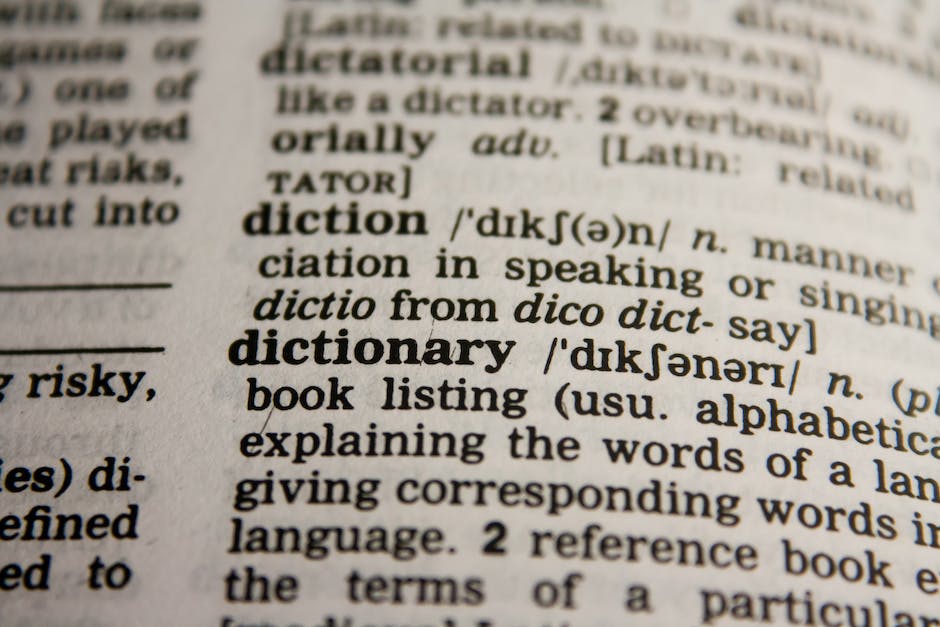DUI and DWI are two of the most commonly used terms in traffic laws. Despite this, many drivers often wonder: What does DWI mean?
DWI stands for driving while intoxicated or driving while impaired. Predominantly used in the United States, this legal term signifies operating a motor vehicle while under the influence of alcohol or other drugs to a degree that compromises the driver's ability to operate the vehicle safely.
Defining the Parameters: What Constitutes DWI?
Now that we’ve answered the question “What does DWI mean,” let’s move on to what situations constitute DWI. The key factor that constitutes a DWI charge is the impairment of the driver due to the influence of alcohol, illegal drugs, prescription medications, or any other substance that affects cognitive and motor skills.
Blood Alcohol Concentration (BAC) and DWI
In all U.S. states, a driver is legally considered intoxicated for DWI purposes when their blood alcohol concentration (BAC) reaches or exceeds 0.08%. This level is typically reached when men consume five or more drinks or women consume four or more drinks in about two hours.
Zero Tolerance Laws for Underage Drivers
For drivers under the age of 21, all states enforce zero-tolerance laws. These laws stipulate any amount of alcohol detected in the system can result in a DWI charge. This policy underscores the dangers of underage drinking and driving, prioritizing the safety of younger drivers and others on the road.
The Role of Drugs in DWI Charges
DWI is not limited to the effects of alcohol alone. Driving under the influence of both illegal and legal drugs (including prescription and over-the-counter medications) can also result in a DWI charge if they impair the driver's ability to operate the vehicle safely.
Observable Impairment
In some cases, a person can be charged with a DWI even if their BAC is under the legal limit. If their driving behavior suggests impairment – such as erratic driving, slow reaction times, or failure in field sobriety tests – they may still be charged with a DWI.
Multiple DWI Offenses
For drivers who have previously been convicted of a DWI, laws and penalties have become increasingly stringent. Many states implement escalating legal consequences, with each subsequent DWI conviction resulting in harsher penalties.
The parameters of what constitutes a DWI charge can vary between jurisdictions, but fundamentally, any situation where a driver's ability is impaired due to the influence of alcohol or drugs may lead to a DWI charge. The importance of understanding these parameters cannot be overstated in our collective commitment to ensuring safer roads for all.
Differentiating DWI from DUI
While the terms DWI and DUI (Driving Under the Influence) are often used interchangeably, certain jurisdictions make clear distinctions between the two based on the severity and circumstances of the offense.
In some states, DWI refers to driving while intoxicated from alcohol, registering a BAC that exceeds the legal limit, typically 0.08%. On the other hand, DUI might be used when impairment is caused by substances other than alcohol or when the BAC is lower than the DWI limit, but the driver is still visibly impaired.
However, in jurisdictions where no distinction is made, both DUI and DWI refer to the same offense and carry the same penalties.
The Initial Stop and Field Sobriety Tests
An officer who suspects a driver might be intoxicated typically administers field sobriety tests. These may include the horizontal gaze nystagmus test, the walk-and-turn test, and the one-leg stand test.
The officer might also conduct a preliminary breath test at the roadside. Refusal to submit to these tests can lead to automatic penalties, including license suspension.
Legal Consequences of a DWI
The legal consequences of a DWI that led to car accidents can be severe, and they typically depend on several factors, such as the driver's BAC level, age, whether any injuries or fatalities occurred, and the presence of any previous DUI or DWI convictions.
Criminal Penalties
A DWI conviction generally carries a range of criminal penalties, including fines, license suspension, probation, and even jail time. Repeat offenses usually entail steeper fines and longer jail sentences.
Administrative Penalties
Apart from criminal penalties, DWI offenders may also face administrative penalties from the Department of Motor Vehicles. These can include the mandatory installation of ignition interlock devices, which require the driver to take and pass a breathalyzer test before the vehicle can start.
Frequently Asked Questions
1. Can a DWI charge be reduced?
In some cases, through effective legal representation, a DWI charge can be reduced to a lesser offense, such as reckless driving. This largely depends on the specifics of the case and the skills of the defense attorney.
2. Do I need an attorney for a DWI charge?
While not mandatory, it's highly recommended to have a skilled attorney when facing a DWI charge. The legal process can be complex, and an attorney can guide you through it, safeguarding your rights and potentially negotiating reduced penalties.
3. Does a DWI show up on a background check?
Yes, a DWI conviction usually shows up on a background check and can affect various aspects of your life, including employment prospects and insurance rates.
Conclusion
We hope this guide has answered the question: “What does DWI mean?” Awareness and understanding of what a DWI entails underline the importance of responsible, sober driving. Stay safe and compliant on the road by learning about the federal seatbelt law!







